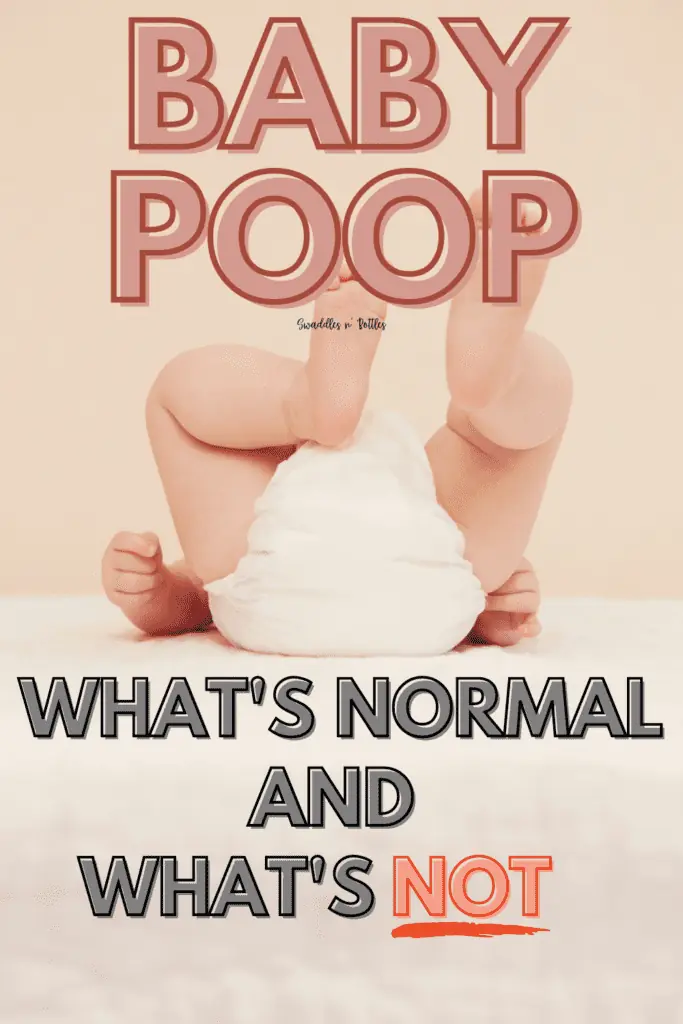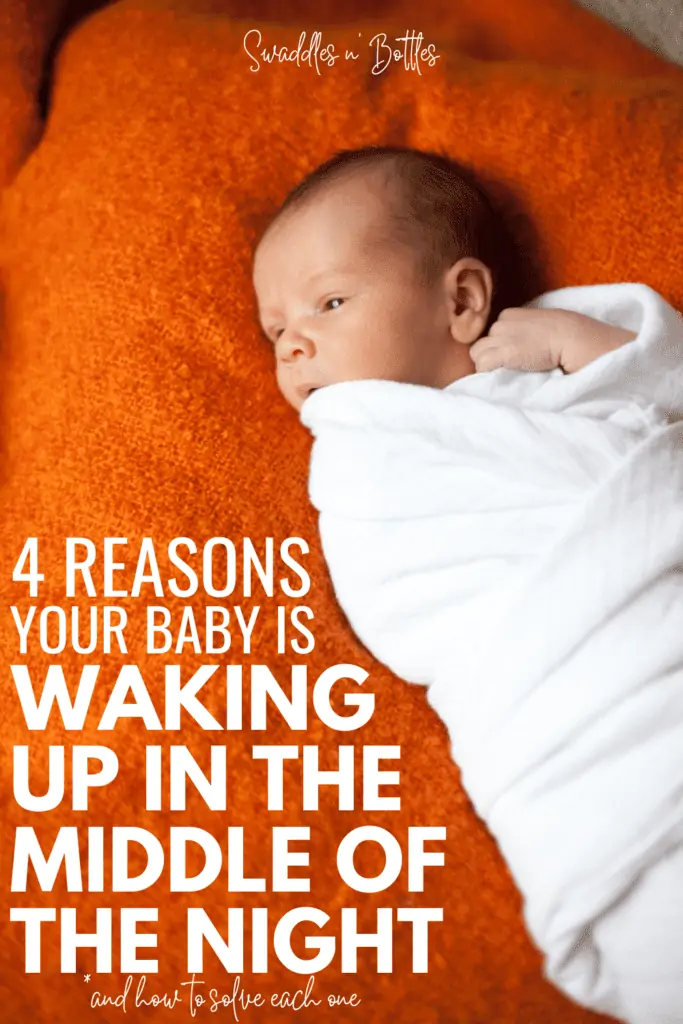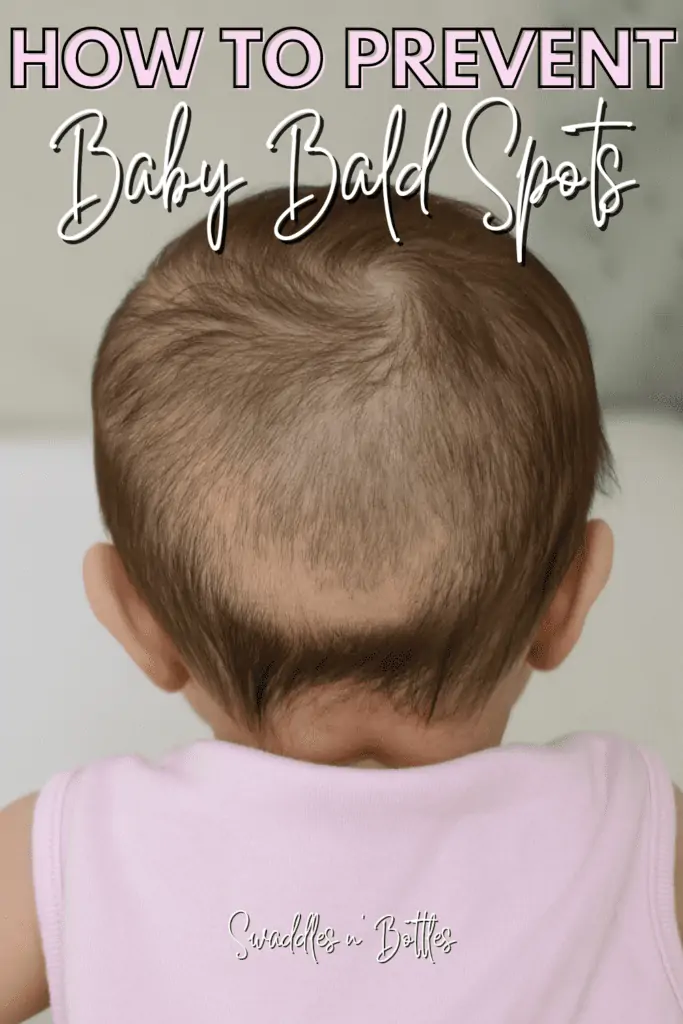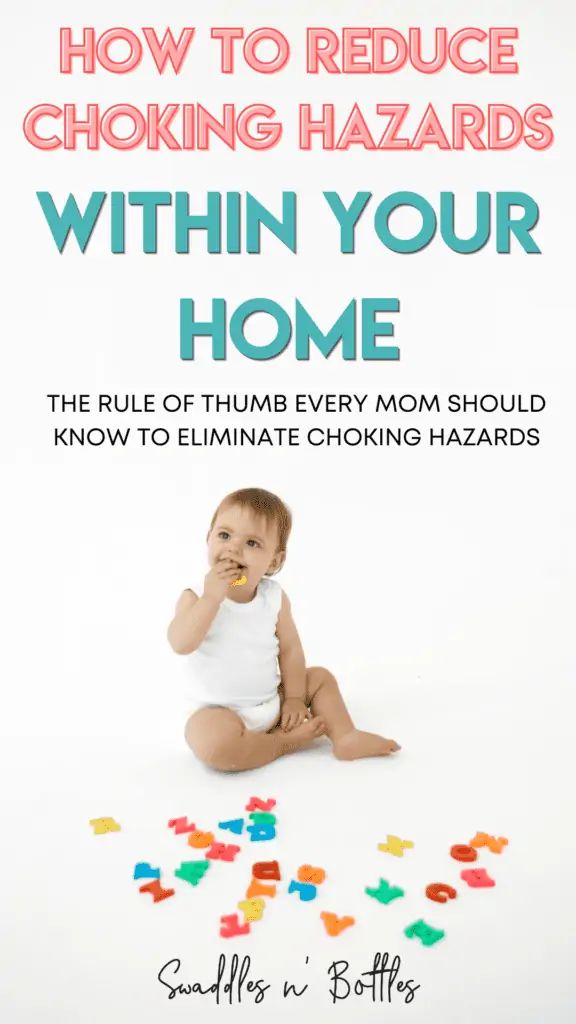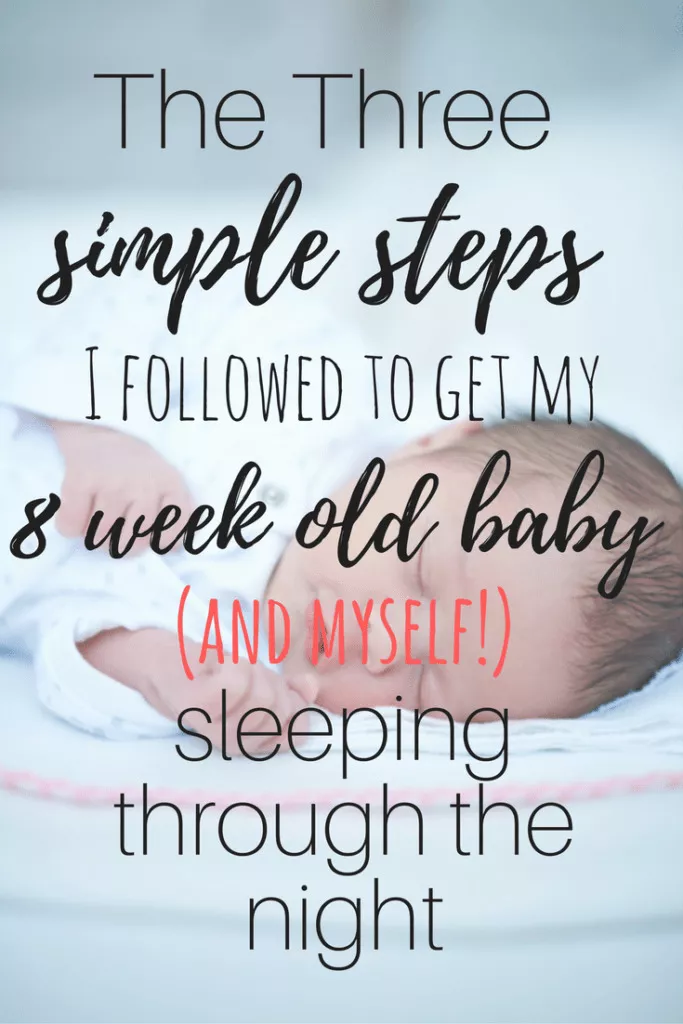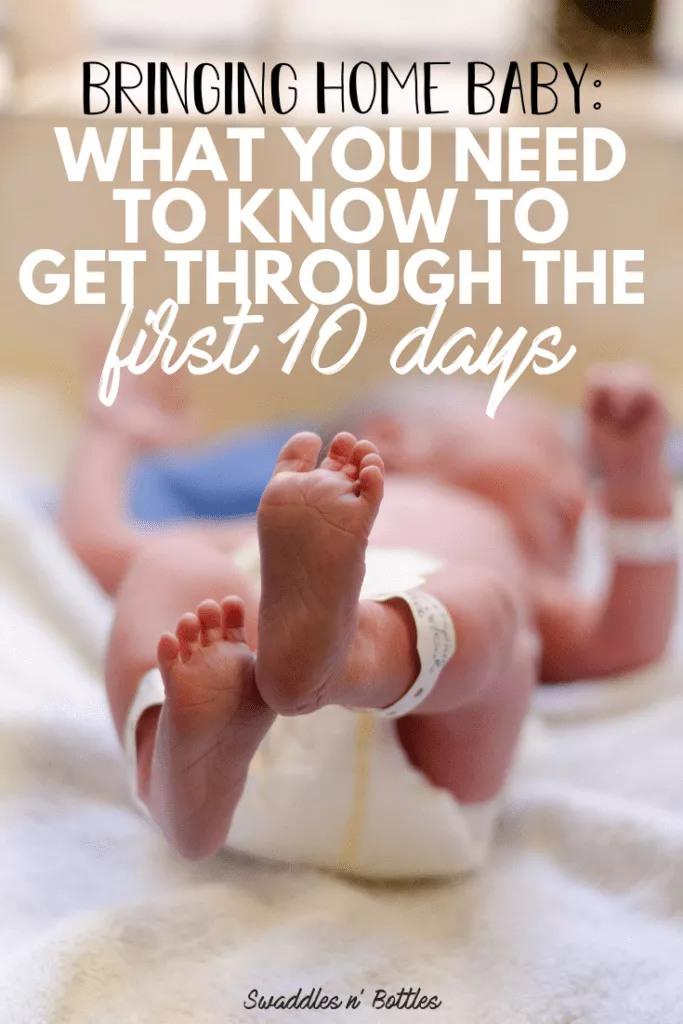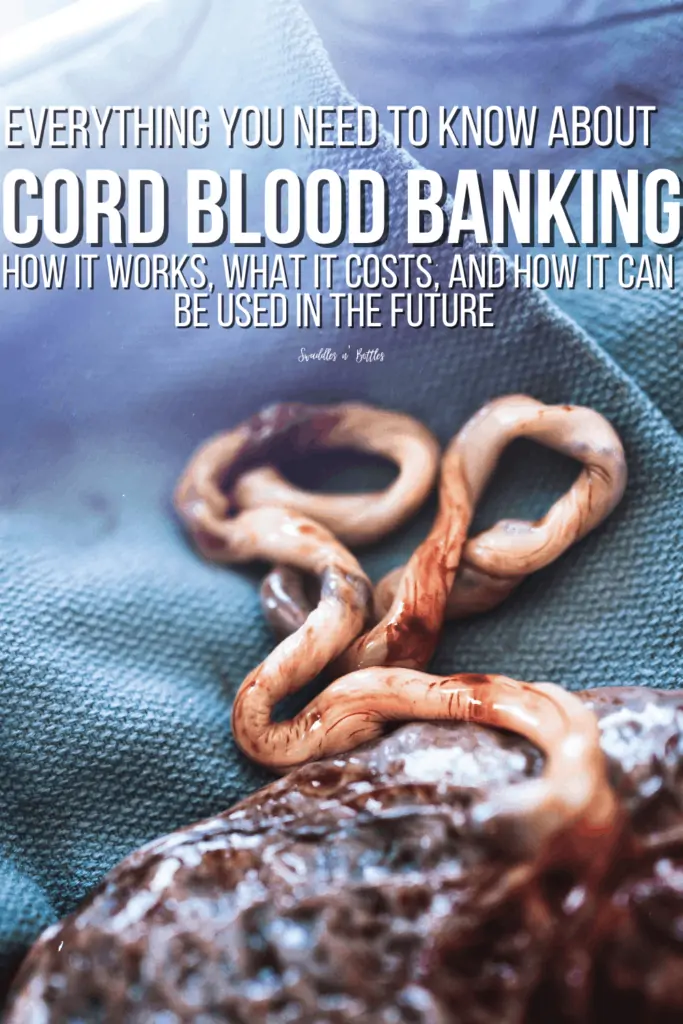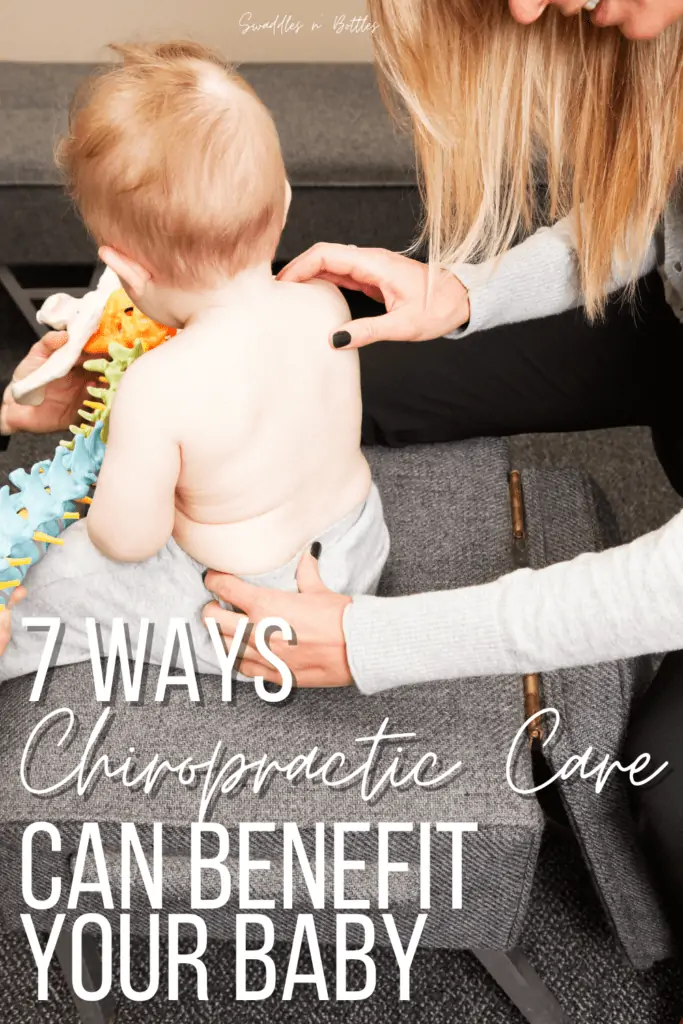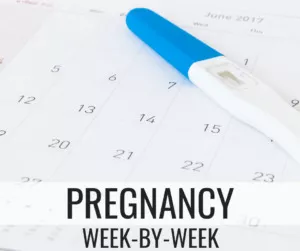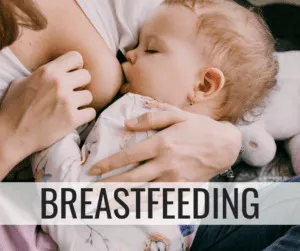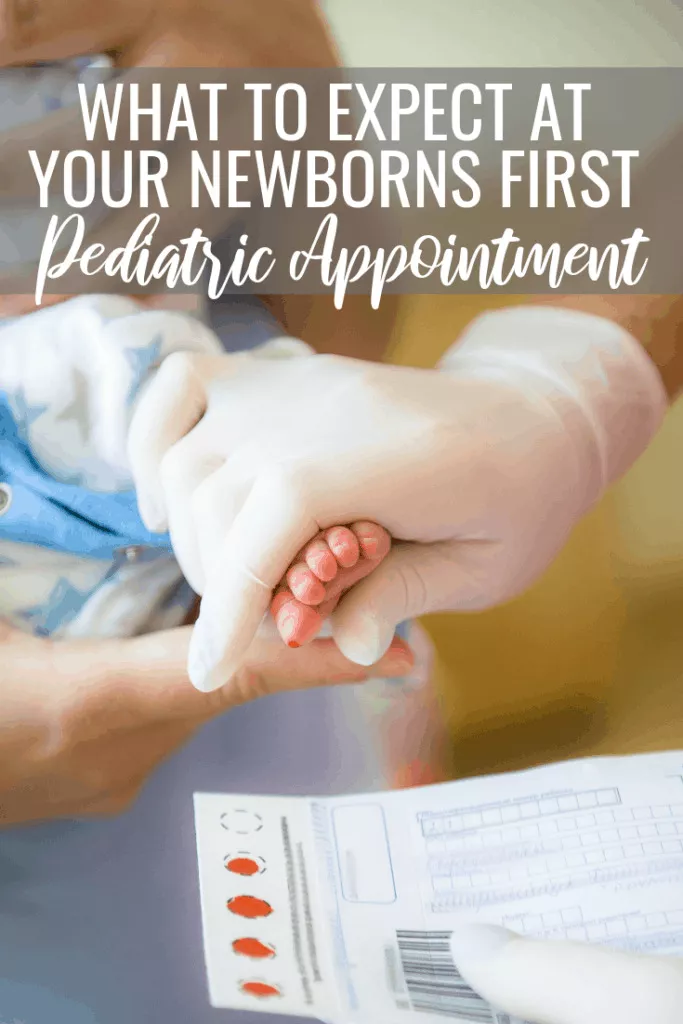
What To Expect at Your Baby’s First Pediatric Appointment
You spent 9 months waiting for this moment. You have your precious newborn baby in your arms! Whether you birthed your baby in the hospital, a birthing center, or at home, it’s time to make that first pediatric appointment for your new baby.
When you call to make that appointment, try to schedule a time when the office is usually less busy and when you have a second person to go along with you. You have a better chance of a shorter wait and being exposed to fewer germs if the office is not busy.
Leaving the house with your new baby might seem a bit scary, so remember to pack all the essentials such as blankets, burp cloths, an extra change of clothes, extra diapers and wipes, a pacifier if using one, and bottles if you are formula feeding.
Now you may be wondering what to expect at this first appointment.
When you enter the exam room you will be asked to undress the baby. You may use your blanket to cover your baby and keep them warm. The baby will be measured, have their vital signs checked, and a physical assessment
Measurements
Your baby will be measured and weighed. The length measurement may differ slightly from the one at birth. Measuring a newborn is not an exact science, and there is room for a little error. They will also measure your baby’s head circumference, which also may be slightly different due to the baby’s head shape rounding out.
Vital Signs
They will check your baby’s temperature, heart rate, and respiratory rate. Some offices will also apply a little light to your baby’s foot. This checks the blood oxygen saturation, which can indicate that both the lungs and heart are working well.
Physical Assessment
The provider will check the baby from head to toe. They will check the size and shape of the head and that the fontanels, often called soft spots, are open and flat. They will also check that your baby is alert and that all of their newborn reflexes are intact. Your baby’s skin color will be looked over. Your baby’s provider will assess for any birthmarks or the presence of any bumps or rashes. Many different bumps or rashes can be normal. The baby’s muscle tone, hips, and genitalia will be assessed.
Newborn Screening
Sometimes the baby will need to have their newborn screening either completed or repeated at the first visit. The newborn screening is a blood test that checks for many different metabolic and inherited medical conditions. A blood sample is obtained through a heel stick and then sent to the lab for testing.
Common Questions from Parents
During the appointment, your baby’s provider should give you an opportunity to ask any questions you may have. Some providers will point out and explain what they are seeing as they examine the baby, but others will not. Feel free to ask questions about the examination. If you have noticed any changes to your baby’s skin ask about it. If you have any concerns, or if you are unsure if something is normal, then ask. Newborns go through many changes during their first weeks of life.
Some commonly asked questions include:
Is my baby’s weight okay? It is normal for babies to lose up to 10% of their birth weight. Many babies are back at birth weight back by 2 weeks.
How often should my baby eat? Do I have to continue to wake baby at night for feeds? If the baby is breastfeeding then you want to feed the baby every 2-3 hours, from the time the baby starts one feed to the time they start the next. If the baby is formula feeding then the baby should eat every 3-4 hours. Again, this is based on when the baby starts, not ends, a feed. Once your baby is back up to birth weight, then generally you do not need to wake them at night to feed, unless your provider tells you otherwise.
How long should my baby nurse at each feed? Each baby is different so it may be as short as 10-15 minutes or as long as 40-50 minutes. However, you should offer one breast at each feed, especially in the beginning. This will ensure that the baby empties the breast and gets the fatty milk. The fatty milk is farther back in the milk ducts. Keep baby on the breast as long as they are eating. You can unlatch the baby once they are no longer sucking and swallowing. If your baby is still showing signs of hunger after finishing nursing on one side, you can offer the other breast. Otherwise, offer the other breast with the next feed.
How many wet and/or dirty diapers should the baby have each day? Most newborns will have at least one wet and one dirty diaper for each day of life. Meaning by day 3, we expect at least 3 wet and 3 dirty diapers. Around day 6 until about 6 weeks your baby should be having approximately 6-8 wet diapers and 5 dirty diapers a day.Some babies pee and poop after every feed, so they have more wet and/or dirty diapers.
The first appointment is a time to measure and examine the baby and answer any questions that the new parents may have. It can be a good idea to write down your questions to take with you to that first appointment.
Meet The Author
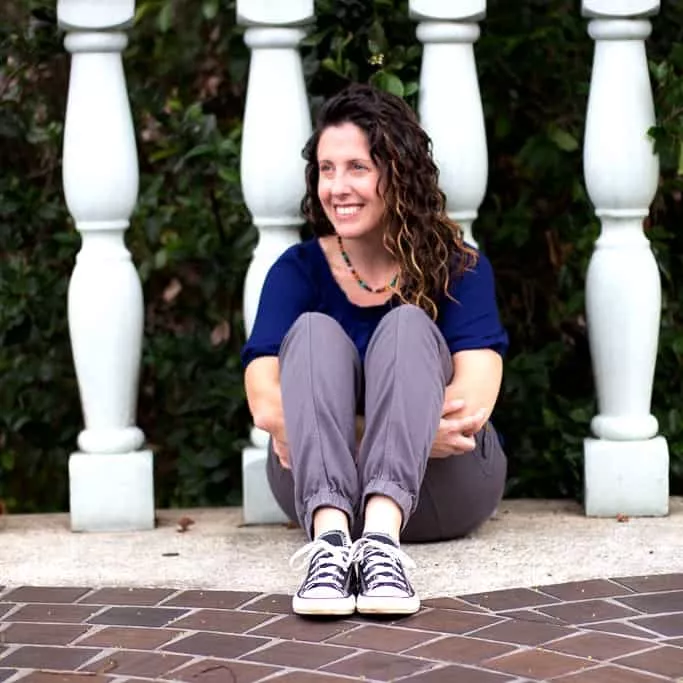
Brooke is a certified Pediatric Nurse Practitioner with over 15 years of pediatric and postpartum nursing experience. She is the mother of two boys and a baby girl. Brooke loves sharing her knowledge and engaging with others on her social media channels. When she’s not chasing the sunshine you can find her blogging about everything pregnancy through parenting at simplywellfamily.com


